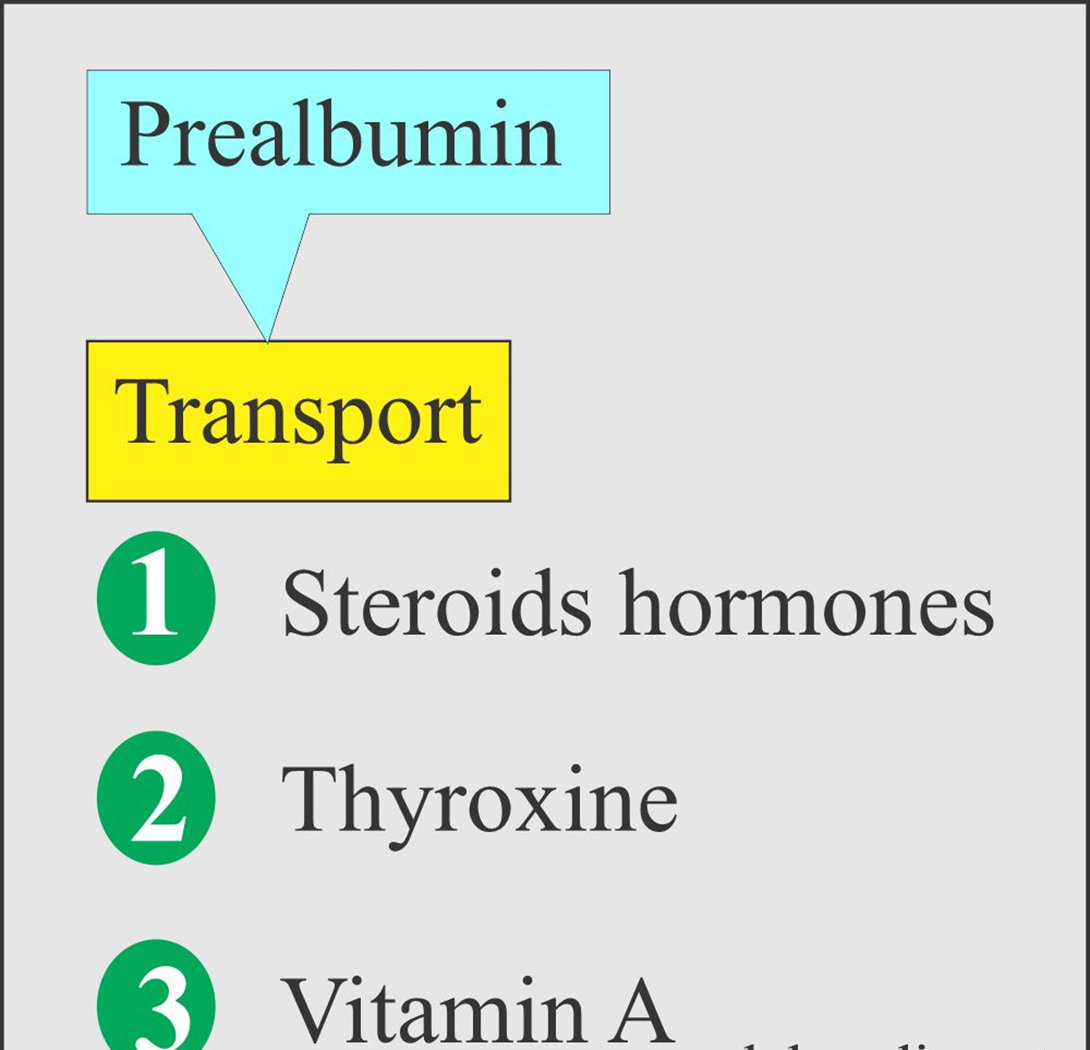A nurse is teaching a client who has anemia about beverages that enhance the absorption of nonheme iron. Which of the following beverages should the nurse include in the teaching?
Green tea
Coffee
Milk
Orange juice
The Correct Answer is D
Choice A reason: Green tea is not a beverage that enhances the absorption of nonheme iron, but rather inhibits it. Green tea contains tannins, which are compounds that bind to iron and prevent its absorption. The nurse should advise the client to avoid drinking green tea or other beverages that contain tannins, such as black tea, with meals that contain iron.
Choice B reason: Coffee is not a beverage that enhances the absorption of nonheme iron, but rather inhibits it. Coffee also contains tannins, as well as caffeine, which can interfere with iron absorption. The nurse should recommend the client to limit or avoid coffee intake, especially with iron-rich foods.
Choice C reason: Milk is not a beverage that enhances the absorption of nonheme iron, but rather inhibits it. Milk contains calcium, which can compete with iron for absorption. The nurse should suggest the client to consume milk and other dairy products separately from iron-containing foods.
Choice D reason: Orange juice is a beverage that enhances the absorption of nonheme iron, as it is rich in vitamin C. Vitamin C can increase the absorption of nonheme iron by converting it from the ferric form to the more absorbable ferrous form. The nurse should encourage the client to drink orange juice or other citrus juices with meals that contain iron.
Nursing Test Bank
Naxlex Comprehensive Predictor Exams
Related Questions
Correct Answer is A
Explanation
Choice A reason: Elastic skin turgor is a sign of adequate hydration and fluid balance. Skin turgor is the ability of the skin to return to its normal shape after being pinched or pulled. When the skin is dehydrated, it loses its elasticity and becomes tented or wrinkled. The nurse should assess the skin turgor on the chest, abdomen, or forehead, and not on the hands or feet, which can be affected by aging or edema.
Choice B reason: Dry mucous membranes are a sign of fluid volume deficit, not fluid volume excess. Mucous membranes are the moist linings of the mouth, nose, eyes, and other body openings. When the body is dehydrated, the mucous membranes become dry, cracked, or sticky. The nurse should assess the mucous membranes for color, moisture, and capillary refill.
Choice C reason: Oliguria is a sign of fluid volume deficit, not fluid volume excess. Oliguria is the production of abnormally small amounts of urine, usually less than 400 mL per day or 30 mL per hour. Oliguria can indicate reduced kidney function, impaired blood flow to the kidneys, or inadequate fluid intake. The nurse should monitor the urine output, color, specific gravity, and presence of blood or protein.
Choice D reason: Tachycardia is a sign of fluid volume deficit, not fluid volume excess. Tachycardia is a rapid heart rate, usually more than 100 beats per minute. Tachycardia can occur when the body is dehydrated, as the heart tries to pump more blood to maintain the blood pressure and perfusion. The nurse should measure the pulse rate, rhythm, quality, and amplitude.
Correct Answer is A
Explanation
Choice A reason: Prealbumin is a protein that is synthesized by the liver and reflects the current nutritional status of the client. It has a short half-life of 2 to 3 days, which makes it a sensitive indicator of changes in protein intake. Prealbumin levels are decreased in clients who are malnourished or have inflammation, infection, or liver disease. The nurse should monitor the prealbumin levels of the client who is receiving total parenteral nutrition to ensure that they are within the normal range of 15 to 36 mg/dL.
Choice B reason: Folic acid is a water-soluble vitamin that is involved in DNA synthesis, cell division, and red blood cell production. Folic acid levels are decreased in clients who have malabsorption, alcoholism, or certain medications, such as methotrexate or phenytoin. The nurse should assess the folic acid levels of the client who is receiving total parenteral nutrition, but it is not the priority test to confirm adequate nutrition.
Choice C reason: Magnesium is a mineral that is involved in many enzymatic reactions, muscle contraction, nerve transmission, and bone formation. Magnesium levels are decreased in clients who have malnutrition, diarrhea, vomiting, or diuretic use. The nurse should evaluate the magnesium levels of the client who is receiving total parenteral nutrition, but it is not the priority test to confirm adequate nutrition.
Choice D reason: Transferrin is a protein that transports iron in the blood and reflects the iron stores of the client. Transferrin levels are decreased in clients who have iron deficiency anemia, chronic disease, or liver disease. The nurse should check the transferrin levels of the client who is receiving total parenteral nutrition, but it is not the priority test to confirm adequate nutrition.

Whether you are a student looking to ace your exams or a practicing nurse seeking to enhance your expertise , our nursing education contents will empower you with the confidence and competence to make a difference in the lives of patients and become a respected leader in the healthcare field.
Visit Naxlex, invest in your future and unlock endless possibilities with our unparalleled nursing education contents today
Report Wrong Answer on the Current Question
Do you disagree with the answer? If yes, what is your expected answer? Explain.
Kindly be descriptive with the issue you are facing.
